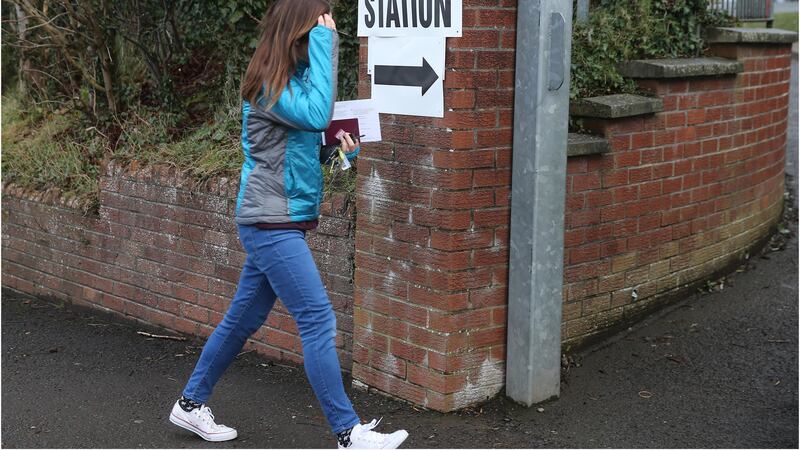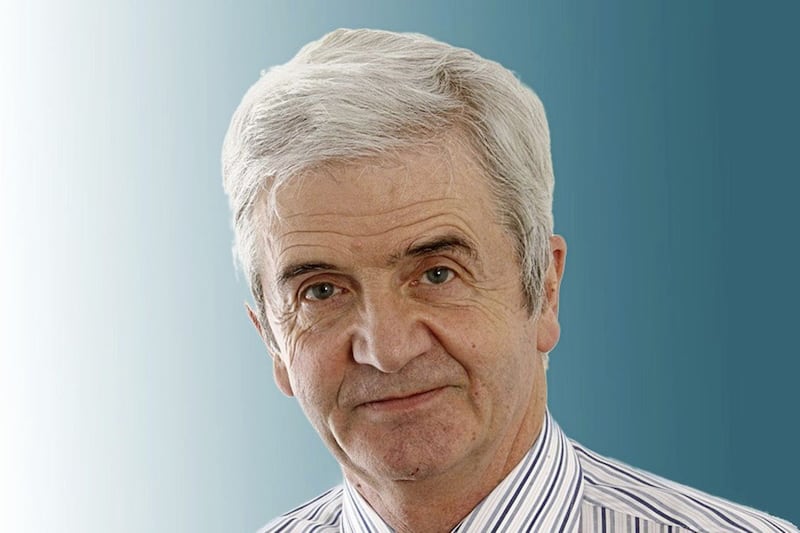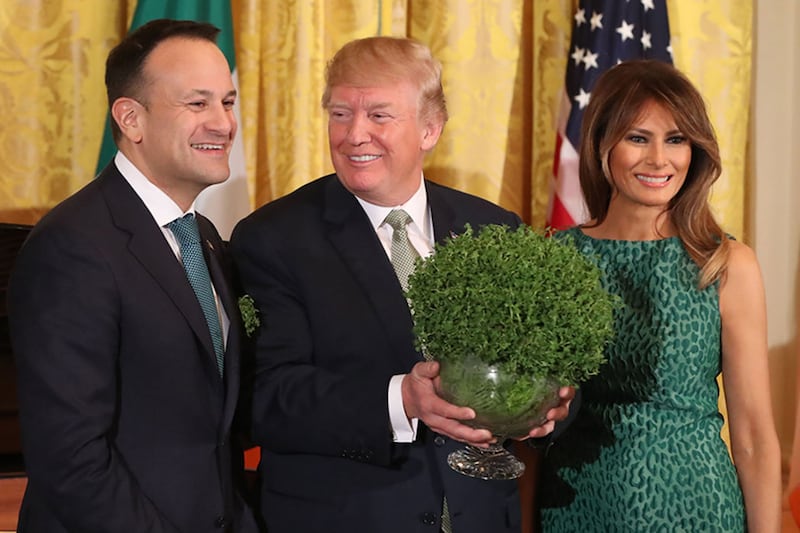Since the troubles began in 1969, voters here have gone to the polls over 60 times. We have had European elections, Westminster elections, Stormont elections, local government elections, by-elections and referendums. (I think I counted 61, but I lost interest after about 30.)
In 1969 our highest unemployment areas were Derry/Strabane and West Belfast. Last week Foyle and West and North Belfast still sat near the top of UK unemployment black-spots. So what did our 61 elections achieve and does anyone really believe that a 62nd election will make any difference?
In most countries elections bear some passing relationship to politics. You may not like Donald Trump (we agree on that one) but you must admit that he is trying, in his simplistic, brutish way, to implement some election promises.
In this country, however, it is harder to find a significant relationship between voting and politics (probably because it is hard to find any politics). Indeed, it is difficult to make the connection between voting and real life.
Instead, our elections are elaborate rituals, almost religious in nature, which are held in this life, but the promised rewards of which may only be enjoyed in a future political paradise. Not surprisingly, the only way to get there is to vote.
Meanwhile we must endure hell on earth. For example, the Accident and Emergency unit at Daisy Hill Hospital, Newry, is threatened with closure and removal to Craigavon.
Two MPs (for South Down and Newry and Armagh), 10 MLAs (for the same two constituencies) and 81 councillors (for two local government areas) have told us, with varying degrees of concern, what a terrible disaster such a closure would be.
We already know that. So we elected 93 public representatives at UK, regional and local level to be told the obvious. The upside is, of course, that maybe the three elections were a form of occupational therapy, which kept us from dwelling too much on the meaning of life or whatever.
The downside is that none of the 93 appears to be able to do anything about the possible closure. That, they say, is the responsibility of the Southern Health Trust. Its board is hand-picked by the minister for health, following an interview clearing process. (Will Sinn Féin's Bill of Rights include the right to know how ministers make public appointments?)
So although the trust's governors are appointed by those we elect, the appointed appear more powerful than the elected.
The trust's defence is that it cannot recruit appropriate staff, even though we produce hundreds of medical graduates every year (including dentists, the number is about 500). They are trained at huge public expense, so should there be some state planning, linking specialist medical training to public need?
Oh dear, you say, that all sounds very much like communism. It probably does, but try explaining the alternative to a sick child travelling on bad roads from Annalong to Craigavon. The problem is that we have no government planning for higher education provision.
As a result, we have too many teachers and not enough doctors. You will search long and hard in any party manifesto to find even the need for debate on higher education planning. That, you see, would involve real politics, the north's last remaining no-go area.
So, apart from some form of ill-defined emotional attachment to a party or person, it will make little difference who becomes your MP. Like support for English soccer clubs, voting for our political parties bears little relevance to the real world. Sadly, much of it has become socially acceptable sectarianism, which effectively devalues democracy.
This is now set against a background in which the state is significantly decreasing its role in the provision of public services. Our politicians seek our votes while telling us that public is bad and private is good, as expressed by all parties in terms of rebalancing the economy.
So if, for example, they argue that the market and not government will regulate our economy, what exactly are we voting for?
Ah, you say, this election is different. It is about Brexit. But since both the EU and the UK favour the privatisation of public services, including health, will it matter whether we have union with London or union with Brussels? Will either help Daisy Hill?
So on June 8, most of us will once again traipse along to the polling station where we will do our para-religious duty. Of course, we generally know that it will make little difference - well, not this time, but maybe after the 63rd election.









